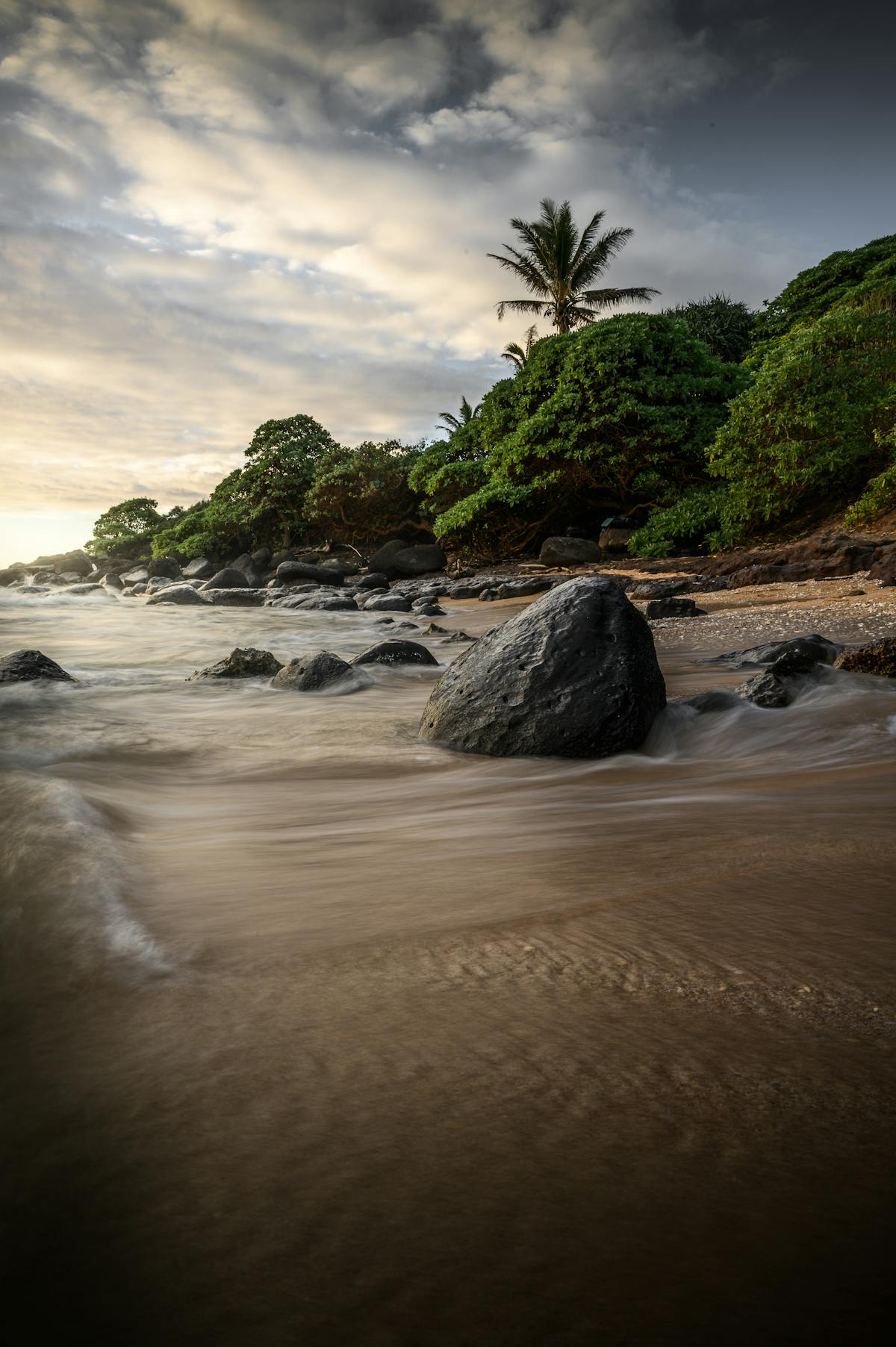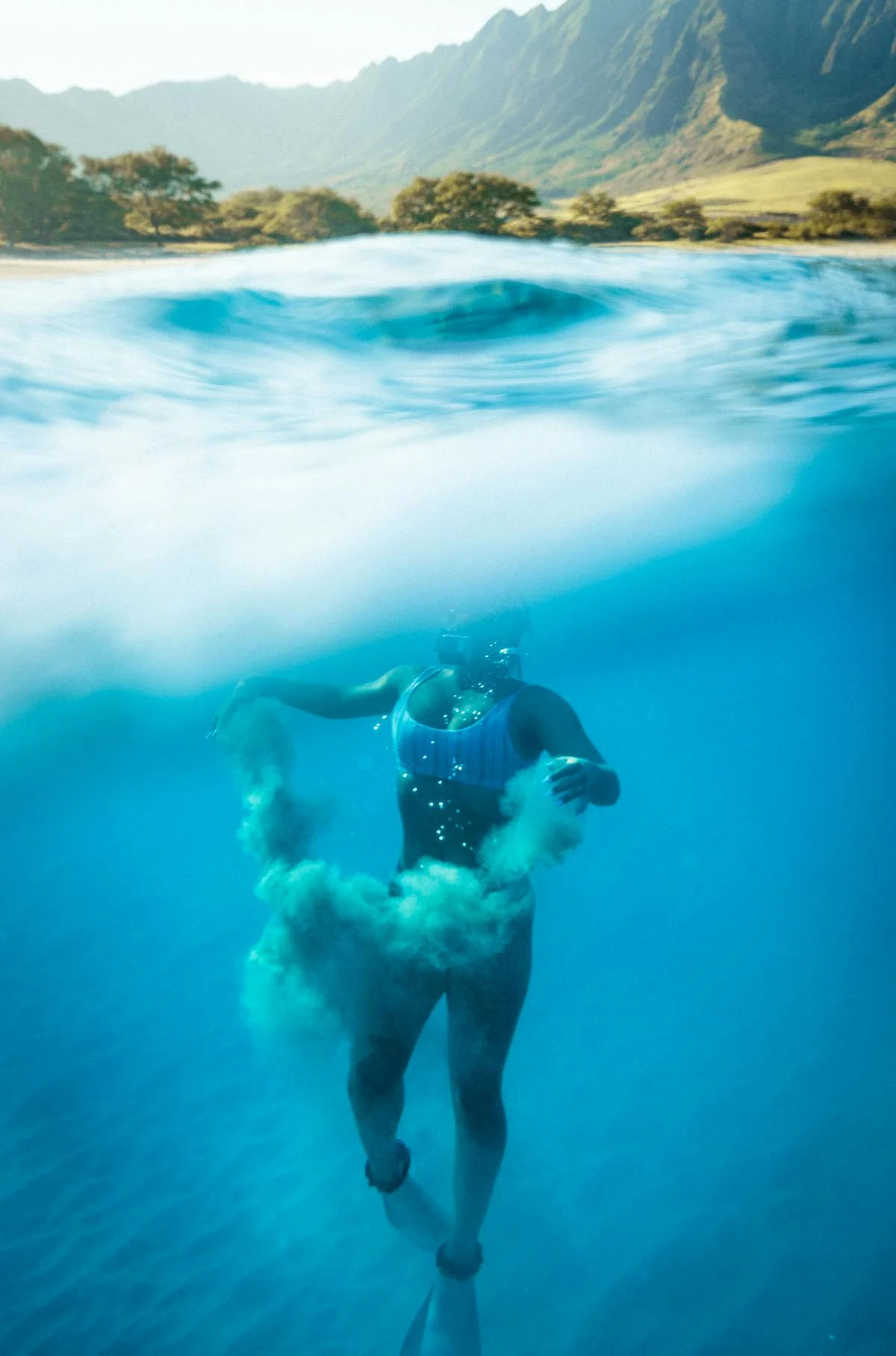Every year, something truly magical happens off the coast of Hawaii: the arrival of thousands of majestic North Pacific Humpback Whales. These gentle giants undertake one of the longest migrations of any mammal, traveling from their feeding grounds in Alaska to the warm, shallow waters off Maui. They come here for a vital reason: to mate and give birth to their calves, transforming the surrounding ocean into a bustling nursery and breeding ground.
This incredible natural phenomenon is the heart of Maui’s winter season. While whales can sometimes be spotted as early as October and as late as May, the official whale season typically runs from December through April. The peak viewing time is usually in February, making it the perfect backdrop for a special celebration dedicated to these magnificent creatures.
What is the Maui Whale Festival?
Born from a desire to raise awareness and foster conservation efforts for humpback whales, the Maui Whale Festival has grown into a cherished annual event. Organized by the Pacific Whale Foundation, the festival offers a diverse range of activities designed to educate, entertain, and inspire both residents and visitors alike. It provides a unique opportunity to connect with these marine marvels and learn about the ongoing work to protect them.

The festival’s schedule is packed with events spread across February and March, though the main celebrations often center around World Whale Day. Many activities are free or benefit whale research and conservation programs, making participation a way to contribute directly to their survival.
Key Events During the Festival
The Maui Whale Festival isn’t just one event, but a series of engaging activities catering to different interests. From lively parades to insightful lectures and active fundraisers, there’s something for everyone who wants to celebrate the return of the whales.
World Whale Day and the Parade
World Whale Day is usually celebrated in mid-February, marking the peak of the festival festivities. The day often kicks off with the much-loved “Parade of Whales” through the streets of Kihei. This vibrant procession features colorful floats, costumed participants, and local groups celebrating the whales and marine life. It’s a family-friendly spectacle that draws crowds lining the route, eager to join in the fun and excitement.
Following the parade, the celebration typically moves to Kalama Park. Here, attendees can enjoy a full day of entertainment, including live music, hula performances, food vendors, craft stalls, and educational exhibits. It’s a lively community gathering that embodies the spirit of aloha and appreciation for the natural world.

What to Eat in Fort Worth – A Culinary Deep Dive
Discover the Top Restaurants in Denver – A Culinary Journey
Discover Where to Visit in Las Vegas
A vibrant parade float celebrating whales during the Maui Whale Festival in Hawaii
Educational Lecture Series
For those eager to deepen their understanding of humpback whales and marine ecosystems, the festival hosts an excellent lecture series. Renowned whale researchers, marine biologists, and conservationists from around the world share their latest findings, stories, and insights. These presentations cover a wide range of topics, from migration patterns and whale songs to threats facing marine life and successful conservation strategies.

A particularly popular event is the “Whales Under the Stars” evening, often led by experts like Greg Kaufman from the Pacific Whale Foundation. This multimedia experience combines stunning visuals with expert narration, offering an awe-inspiring look into the underwater world of humpbacks. It’s an enlightening way to appreciate the complexity and beauty of these creatures.
Run/Walk for the Whales
For the more active participants, the Run/Walk for the Whales provides a chance to get some exercise while supporting a great cause. This fundraising event typically features various distances, welcoming runners and walkers of all ages and abilities. The scenic routes often follow Maui’s coastline, offering beautiful ocean views and the potential to spot whales during the event itself.
Proceeds from the Run/Walk directly benefit the Pacific Whale Foundation’s critical humpback whale research programs and marine education initiatives. Participating in this event is a tangible way to contribute to the conservation efforts that help ensure the whales’ future.
Beyond the Festival: Whale Watching Tips
While the Maui Whale Festival offers structured events, the entire winter season is prime time for whale watching. You don’t necessarily need a boat tour to see them, although tours offer a closer perspective. Many shoreline spots along Maui’s west and south coasts provide excellent vantage points. Look for the tell-tale signs: spouts of water, breaches (when they jump out of the water), or tail/fluke slaps.
If you do take a boat tour, choose one operated by a reputable company that follows responsible wildlife viewing guidelines, like those endorsed by the Pacific Whale Foundation. Remember to maintain a safe distance and never approach whales directly, as they are protected by law. Patience is key – spend time watching the water, and you’ll likely be rewarded with an unforgettable sighting.
Planning Your Visit
Visiting Maui during whale season, especially in February when the Maui Whale Festival is in full swing, is a truly memorable experience. Book your accommodation and any desired tours well in advance, as this is a popular time of year. Check the official Pacific Whale Foundation website closer to your travel dates for the specific schedule of festival events, as dates and activities can vary slightly each year.
Embracing the spirit of the Maui Whale Festival means not just seeing whales, but understanding their importance and celebrating the efforts to protect them. It’s a chance to connect deeply with nature and the vibrant culture of Maui, making your trip more than just a vacation, but an enriching experience.
Frequently Asked Questions About the Maui Whale Festival
- When does the Maui Whale Festival take place? The festival activities typically run from February through March, with major events centered around World Whale Day in mid-February.
- What is the best time to see whales in Maui? While whale season is December to April, February is generally considered the peak month for sightings.
- Are the Maui Whale Festival events free? Many events, like the parade and Kalama Park activities, are often free to attend. Some events, like the Run/Walk and certain lectures or fundraisers, have fees that support conservation.
- Who organizes the Maui Whale Festival? The festival is primarily organized by the Pacific Whale Foundation, a leading non-profit organization dedicated to protecting the world’s oceans and marine wildlife.
- Can I see whales from the shore during the festival? Yes, many spots along Maui’s coastline offer excellent opportunities for land-based whale watching, especially during peak season.
